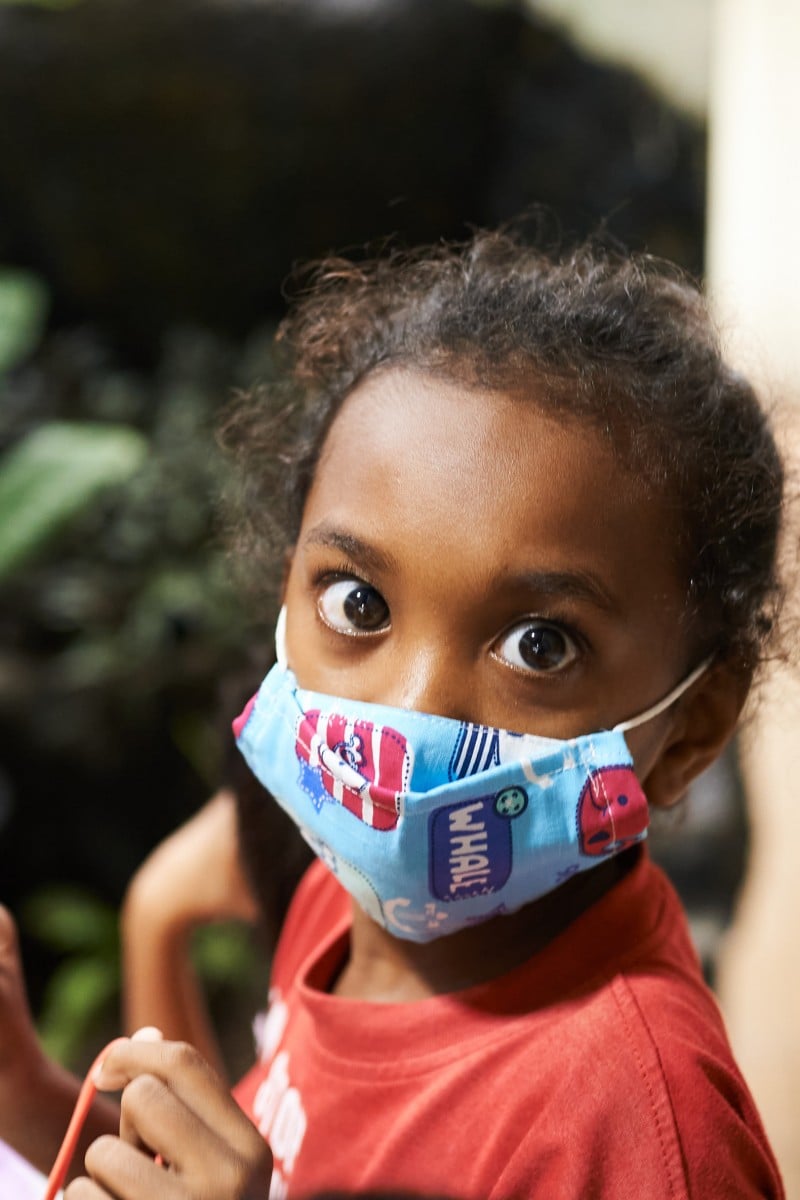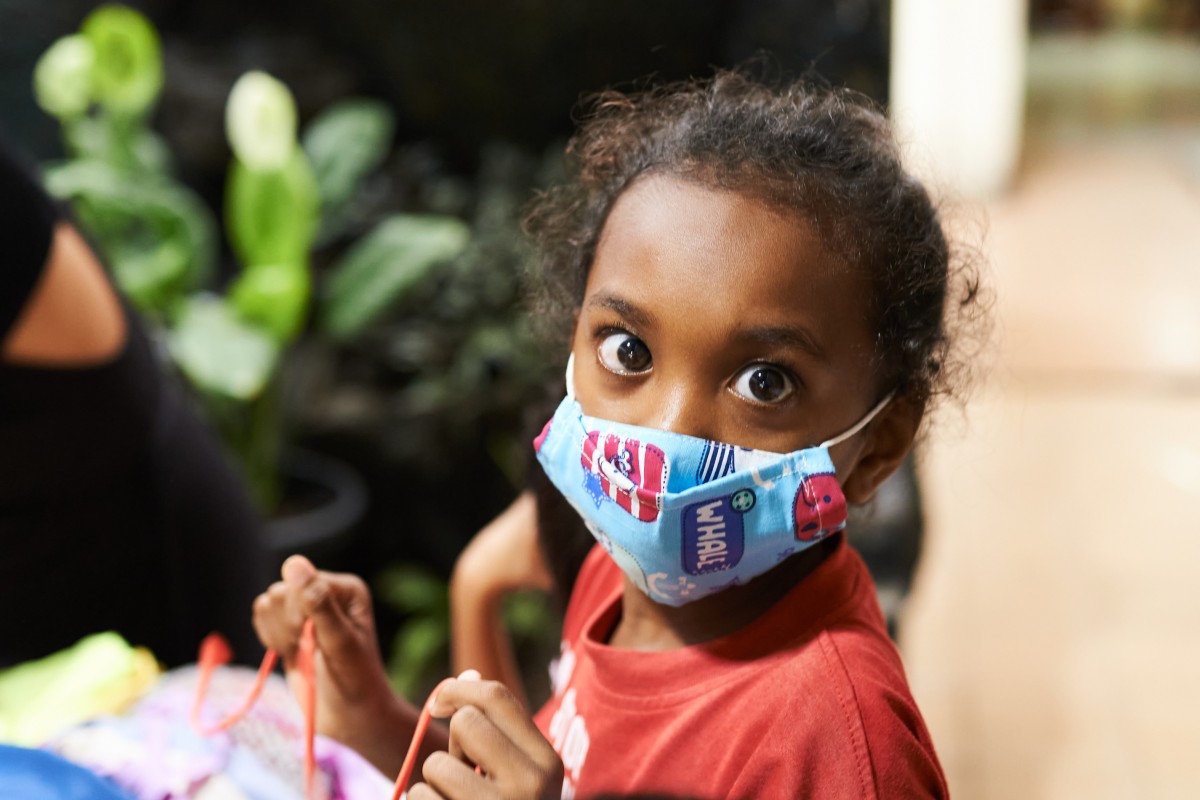
Coronavirus: 10.5 million children orphaned or lost a primary carer due to Covid, study finds
- A new study estimates that 10.5 million children worldwide were either orphaned or lost a primary carer because of the virus
- Orphanhood increases the likelihood of poverty, abuse and mental health challenges
 The countries with the highest numbers of children who lost primary carers included India, Indonesia, Egypt, Nigeria and Pakistan. Photo: Shutterstock
The countries with the highest numbers of children who lost primary carers included India, Indonesia, Egypt, Nigeria and Pakistan. Photo: ShutterstockWorldwide, an estimated 10.5 million children were either orphaned or lost a primary carer due to Covid-19, according to a study published Tuesday.
The study, in JAMA Pediatrics, examined the World Health Organization’s data on excess mortality as of May 2022, finding that the majority of those children – 7.5 million – were orphaned while 3 million children lost a primary carer.
Study authors urged public health officials to address the lasting impacts of grief on children who’ve lost caretakers to the virus, in addition to vaccines and prevention. “Effective, caring action to protect children from immediate and long-term harms of Covid-19 is an investment in the future and a public health imperative,” the paper said.
China approves world’s first inhalable Covid-19 vaccine
Children experiencing orphanhood or carer loss face an increased likelihood of poverty, abuse and mental health challenges, among other obstacles, according to the Centres for Disease Control and Prevention.
“Covid is not just an individual disease, it really is a family disease,” said Terri Powell, an associate professor of American health at Johns Hopkins University who was not involved in the study. “They’re not just people that died, but parents and carers – how do we make sure that there’s still a safety net for the kids who are their surviving children?”
More children were affected by carer loss in Africa and Southeast Asia compared to Europe and North and South America. The study did not break down totals for individual countries, but it noted children were most affected were India, Indonesia, Egypt, Nigeria and Pakistan.
China’s ex-Covid patients live under ‘dark shadow’ of stigma
In fall 2021, an American Academy of Pediatrics study estimated at least 140,000 children across the US had lost a primary or secondary carer to Covid-19. That number has since risen to at least 209,000 children, according to a calculator from Imperial College London.
The AAP study also found significant racial disparities among children affected, with children of colour accounting for 65 per cent of children orphaned from Covid-19 through June 2021.
According to Powell, recognising these disparities is key in addressing future health crises, but also for providing care to children impacted by Covid-19 that is trauma-informed and culturally relevant as grief is individually unique.
Possible cause of Covid brain fog revealed in new US study
“How are we making sure that they have access to additional resources that they may not have even considered before?” she said. “How are we thinking about what can we learn from social workers about keeping families together and supporting brand new parents?”
In the US, grandparents, aunts, cousins – kinship carers – are often stepping into the void created by the loss of a carer, but they face challenges from a lack of training in how to help a child dealing with trauma, to financial and resource challenges from adding a new member to their household.
The California legislature is considering a bill that would establish trust fund accounts for children whose parent or guardian died from Covid-19.
The JAMA paediatrics study utilised excess mortality-derived estimates from the WHO, The Economist and the Institute for Health Metrics and Evaluation.